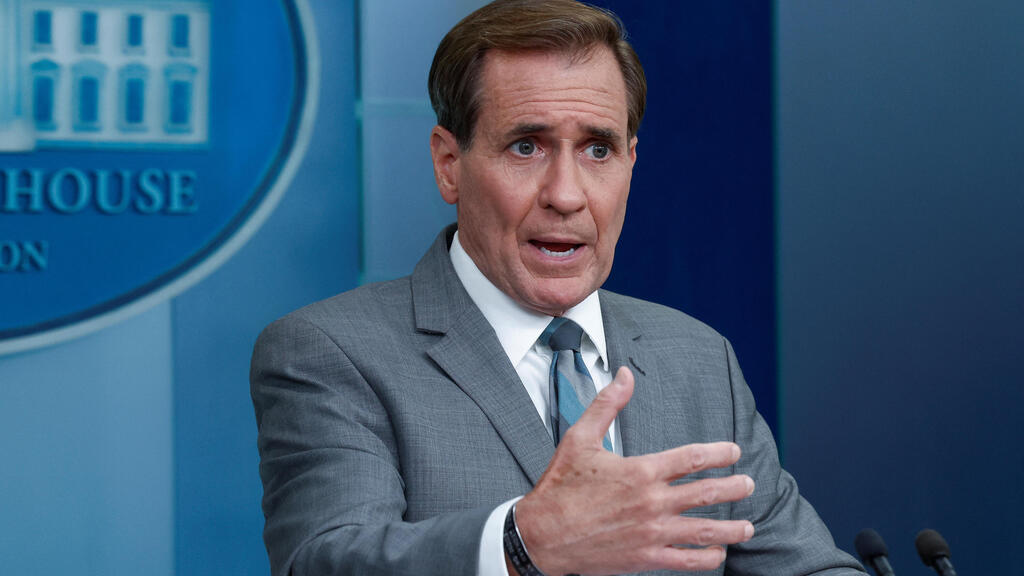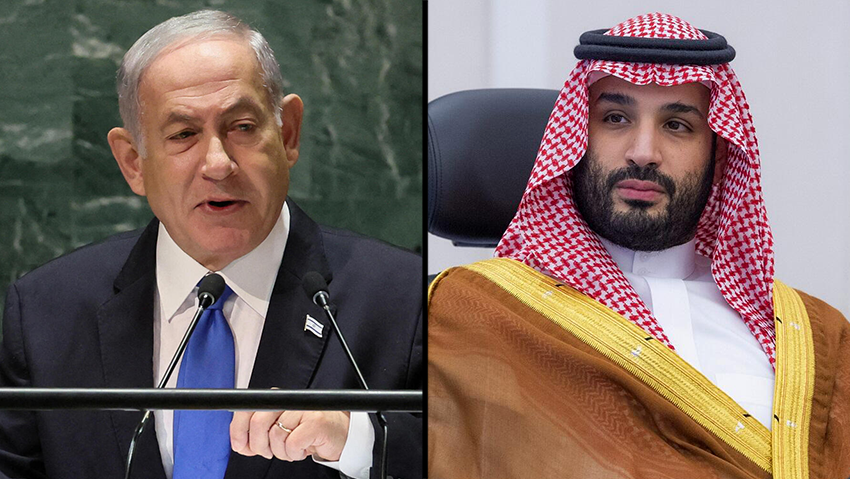John Kirby, the spokesperson for the National Security Council at the White House, announced Friday that a basic framework has been laid for an agreement that may also encompass normalization between Israel and Saudi Arabia.
WASHINGTON SAYS FRAMEWORK FOR ISRAEL-SAUDI NORMALIZATION IN PLACE
Read more:
“All sides have hammered out, I think, a basic framework for what, you know, what we might be able to drive at,” Kirby said to reporters.
2 View gallery


John Kirby, the spokesperson for the National Security Council at the White House
(Photo: Reuters/Evelyn Hockstein)
“But, as in any complex arrangement, as this will inevitably be, everybody is going to have to do something. And everybody is going to have to compromise on some things,” Kirby added.
According to John Kirby, several typical factors are impeding progress in the agreement, with Iran at the forefront, posing threats to the United States, Saudi Arabia, and Israel.
The existence of a basic framework for an agreement between Saudi Arabia and Israel was reported back in August by The Wall Street Journal.
Meanwhile, on Saturday, Reuters reported from three regional sources knowledgeable about the talks that Saudi Arabia is determined to secure a military agreement that would require the United States to defend the kingdom in exchange for normalization with Israel. Furthermore, Saudi Arabia would not jeopardize the deal even if Jerusalem does not offer significant concessions to the Palestinians.
An American source mentioned to Reuters that while Saudi Arabia may not receive protection like a NATO member, it would receive a similar agreement to those the United States has with Asian countries. If the U.S. Congress does not approve this, the agreement may resemble the one the U.S. has with Bahrain, which hosts the Fifth Fleet. This matter was initially discussed during a meeting between Crown Prince Mohammed bin Salman and President Joe Biden during Biden's visit to Saudi Arabia in July 2022. In such a case, the agreement would not require congressional approval.
The American source also mentioned that Washington can sweeten any deal by designating Saudi Arabia as a major non-NATO ally, a status already granted to Israel and several Arab countries, such as Egypt.




